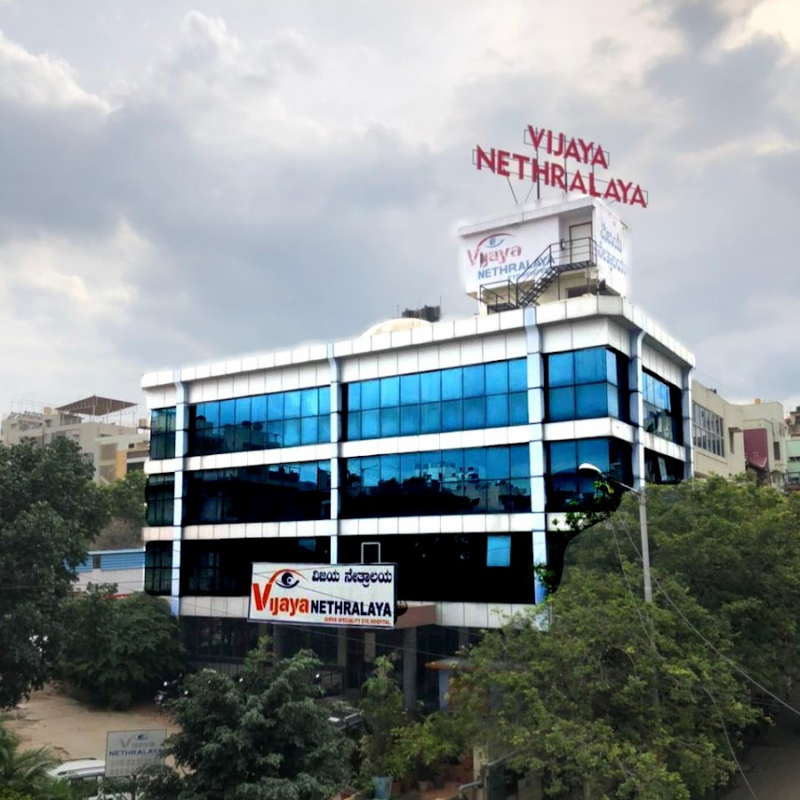If you or a loved one has been advised to undergo a corneal transplant, one of the first questions that may come to mind is, how much does a corneal transplant cost? Understanding the cost and the factors that influence it can help you make a more informed decision about your treatment.
What is a corneal transplant?
A corneal transplant, medically known as keratoplasty, is a surgical procedure designed to restore vision by replacing a damaged or unhealthy cornea with healthy tissue from a donor. The cornea, which is the transparent, dome-shaped front layer of the eye, is essential for properly focusing light onto the retina. When the cornea becomes scarred, swollen, or otherwise impaired, it can severely affect vision, and a transplant may be necessary to improve sight and maintain the overall health of the eye. Damage to the cornea due to infections, injuries, or diseases like keratoconus can cause significant vision problems — and a corneal transplant can often restore sight and improve quality of life.

Average Cost of Corneal Transplant Surgery
The cost of a corneal transplant can vary widely based on several factors, including the country, the type of hospital, the surgeon’s experience, and the complexity of the case.
- In India, the cost of a corneal transplant generally falls between ₹50,000 and ₹150,000 for each eye, depending on the hospital, surgeon’s expertise, and the complexity of the procedure.
- In the United States, the cost can range from $13,000 to $27,000 or more.
- In other countries, costs may vary. In some Southeast Asian countries, it could be slightly lower, while in Europe and Australia, it can be similar or higher compared to the U.S.
It’s important to note that these figures usually include surgery fees, anesthesia, hospital stay (if any), and follow-up visits — but may not always cover costs like donor tissue charges, medications, or additional procedures if complications occur.
Factors That Influence the Cost
Several factors can influence the overall cost of a corneal transplant:
1. Type of Transplant
Various types of corneal transplant procedures are available, including
- Penetrating Keratoplasty (Full-thickness corneal transplant).
- Deep Anterior Lamellar Keratoplasty (Partial-thickness transplant).
- Endothelial Keratoplasty (DSEK or DMEK)—A surgical technique that replaces only the innermost layer of the cornea, preserving the healthy outer layers.
More advanced or partial transplants like DMEK are typically more expensive because they require greater surgical precision.
2. Hospital and Surgeon Expertise
Reputed hospitals with specialized ophthalmology departments and highly experienced surgeons often charge higher fees. However, they may also offer better outcomes and lower complication rates, making it worth the investment.
3. Donor Cornea Availability and Cost
The cost of acquiring donor tissue can vary depending on the eye bank and associated fees. Premium-grade donor corneas from certified eye banks can increase the overall cost.
4. Pre- and Post-operative Care
Pre-surgical tests (like corneal imaging and blood tests) and post-operative medications (antibiotic or anti-rejection eye drops) can add to the total cost.
5. Insurance Coverage
In some cases, health insurance may partially or fully cover the cost of a corneal transplant. It’s essential to check with your insurance provider beforehand to understand your benefits.
Is a Corneal Transplant Worth the Cost?
For patients suffering from severe corneal diseases or injuries, a transplant can be life-changing. The procedure can enhance vision, alleviate discomfort, and greatly improve overall quality of life. Given the long-term advantages, many patients feel that the investment is well justified.
Additionally, choosing the right hospital and surgeon can reduce the risk of complications, leading to better success rates and fewer additional costs down the road.
Tips to Manage Corneal Transplant Costs
- Choose a reputable yet affordable hospital. Research hospitals that specialize in corneal transplants but offer transparent and reasonable pricing.
- Ask about package deals: Some hospitals offer bundled packages that include surgery, medications, and follow-up visits.
- Check insurance options. If you have health insurance, confirm whether your plan covers corneal transplant surgery.
- Seek financial assistance: Several charitable foundations and nonprofit organizations offer financial support to individuals in need of eye surgery, helping to reduce or even cover the cost of treatment.
Cost-Effective Options and Insurance Coverage:
It’s important to explore insurance coverage options and discuss the specifics of your insurance plan with your provider. Some insurance plans cover cornea transplants as medically necessary procedures, particularly when vision impairment significantly impacts daily life.
Conclusion
The cost of a corneal transplant varies depending on several factors, but the life-changing benefits it provides are often invaluable. Whether you’re considering surgery in India, the U.S., or elsewhere, it’s important to choose an experienced surgeon and well-equipped hospital to ensure the best possible outcome. Always discuss with your doctor the full breakdown of costs, what is included, and potential financing options to make a confident, informed decision.











